Over 50? If You Can Do These 10 Bodyweight Exercises, You're in Great Shape
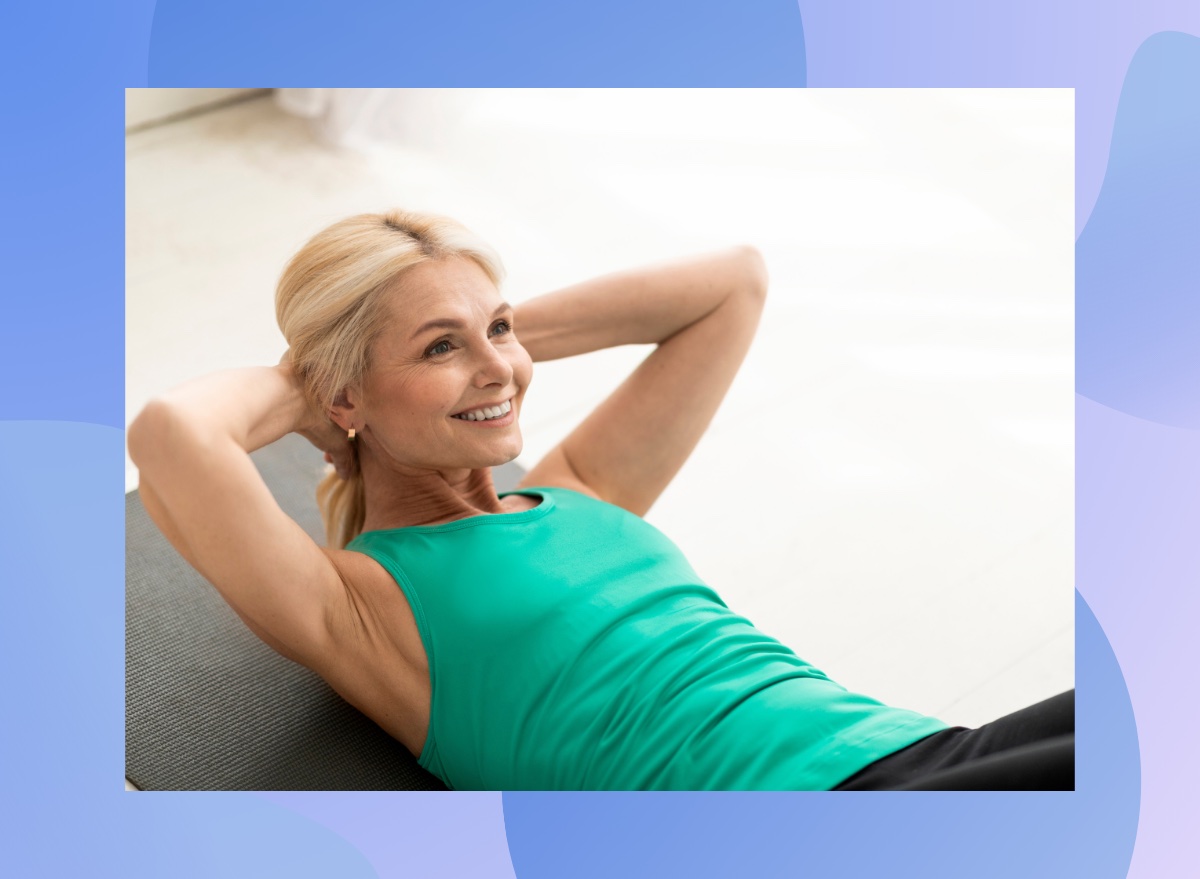
Like many others, my fitness journey began during the pandemic when I knew it was time to take control of my life. As someone who struggled severely with depression, I turned to fitness not just as a career path but as a lifeline. Now, as a certified personal trainer with over three years of experience at The Edge Fitness Clubs, I've helped countless clients build strength and confidence, achieving things they never thought possible. My specialty lies in functional fitness and strength training, with a focus on exercises that support everyday activities and longevity. If you're looking to maintain or improve your fitness after 50, these bodyweight exercises are your blueprint for success – and I'll show you exactly how to perform each one safely and effectively.
Why Bodyweight Training Matters After 50
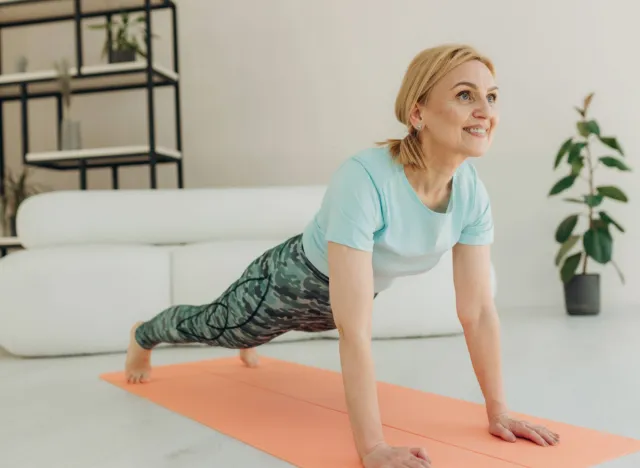
Bodyweight exercises are the foundation of fitness, and they're especially valuable as we age. They improve balance, mobility, and strength without requiring fancy equipment. Plus, they're gentle on joints and adaptable to any fitness level. Staying active with bodyweight exercises can help maintain muscle mass, improve bone density, and reduce the risk of falls, all crucial for staying independent and vibrant after 50.
The Bodyweight Squat
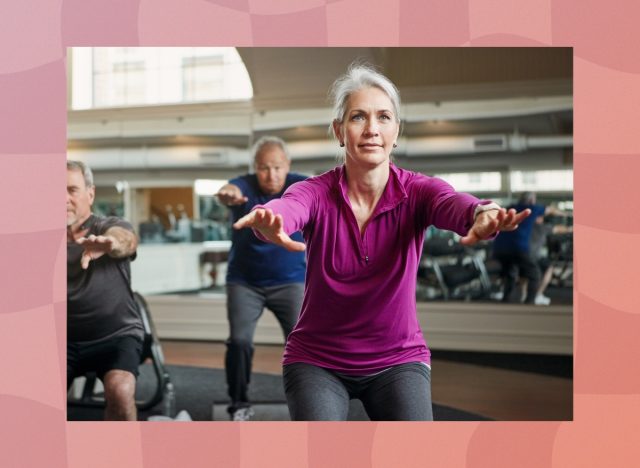
Form Instructions:
- Stand with feet shoulder-width apart, toes slightly pointed out
- Engage your core and keep your chest up
- Lower your hips as if sitting into a chair, keeping your weight in your heels
- Go as low as your mobility allows, ideally thighs parallel to the floor
- Push through your heels to return to standing.
Why It's Effective:
Squats mimic daily activities like sitting and standing, making them a functional powerhouse. They target multiple muscle groups, including quads, hamstrings, glutes, and core, improving lower-body strength and stability.
Common Form Mistakes to Avoid:
- Letting knees cave inward
- Arching or rounding the back
- Lifting heels off the ground.
Success Story: One client, Sheila, 71, was hesitant about squats due to knee pain. By starting with a chair for support and gradually building strength, she now does full squats confidently and even credits them for making gardening easier.
2. Push-Up (Modified if Needed)
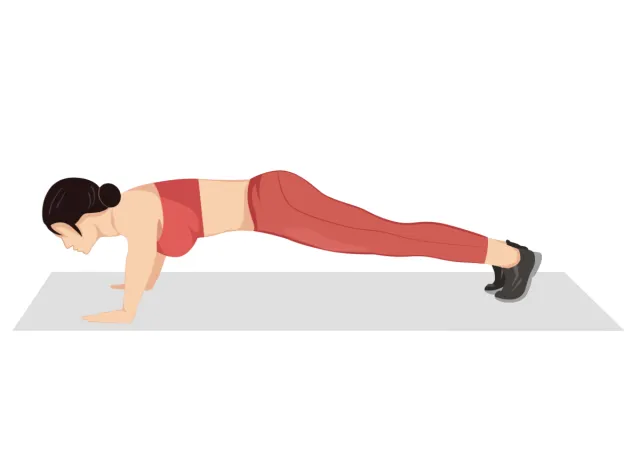
Form Instructions: Hands slightly wider than shoulder-width on the floor or an elevated surface. Lower chest to the floor, keeping elbows at a 45-degree angle.
Why It's Effective: Builds upper-body and core strength.
Mistakes to Avoid: Sagging hips or flaring elbows.
Success Story: Jose, 30, progressed from box push-ups to full push-ups in 2 months, feeling stronger than ever.
3. Glute Bridge
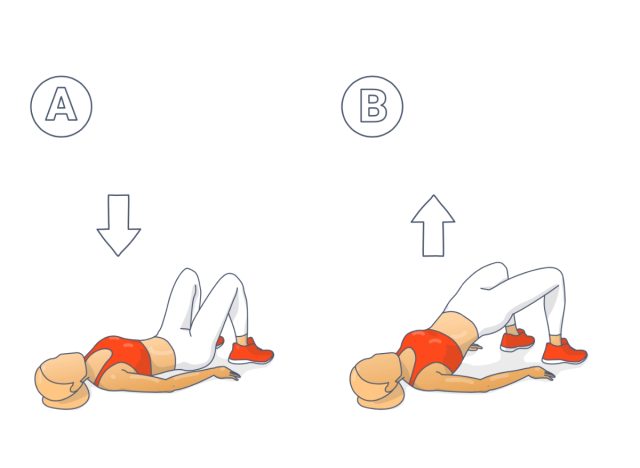
Form Instructions: Lie on your back, knees bent, feet hip-width apart. Lift hips while squeezing glutes.
Why It's Effective: Strengthens glutes and relieves lower back tension.
Mistakes to Avoid: Overarching the back or using momentum.
Success Story: A client avoided lower back pain during long car rides thanks to improved glute strength.
4. Plank
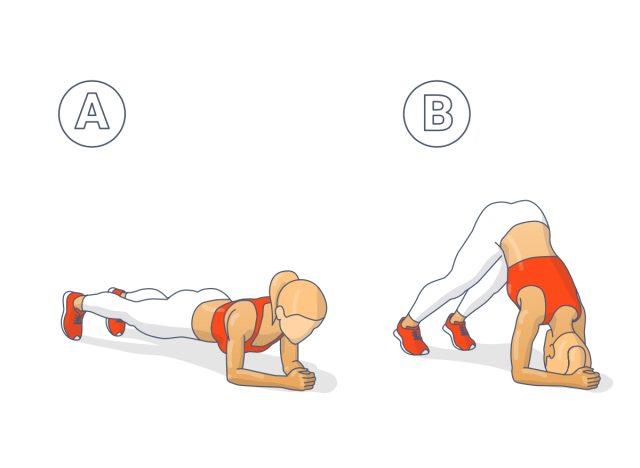
Form Instructions: Forearms on the floor, elbows under shoulders, body in a straight line.
Why It's Effective: Builds core stability, critical for balance.
Mistakes to Avoid: Drooping hips or holding breath.
5. Step-Up
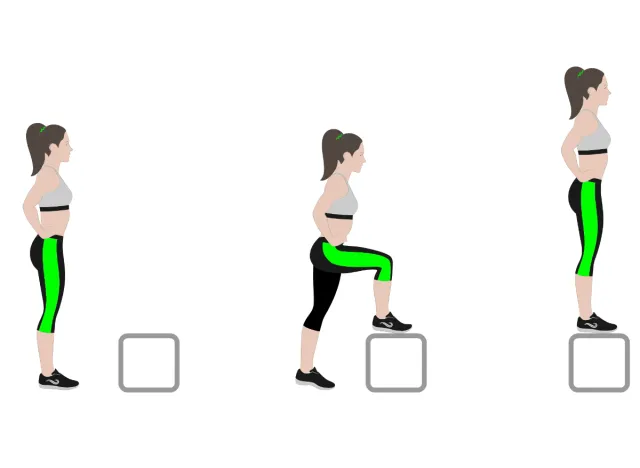
Form Instructions: Step one foot onto the surface, drive through the heel to stand, then lower.
Why It's Effective: Mimics climbing stairs, improving leg strength and coordination.
Mistakes to Avoid: Pushing off the trailing foot.
6. Wall Sit
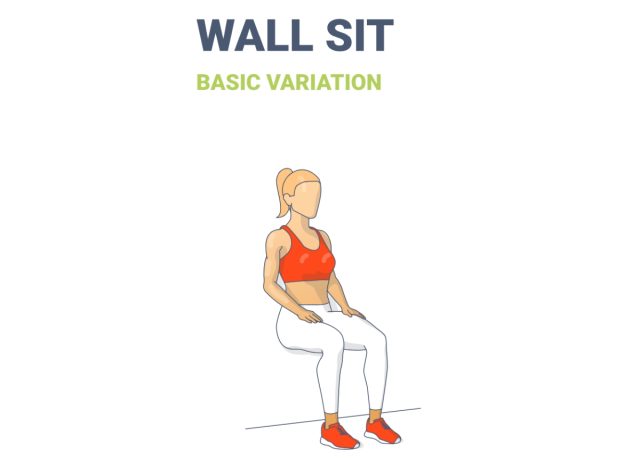
Form Instructions: Back against a wall, knees at 90 degrees, hold.
Why It's Effective: Builds leg endurance and mental toughness.
7. Bird Dog
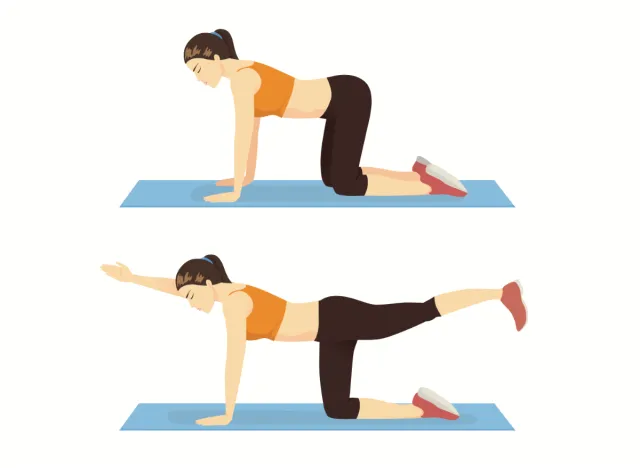
Form Instructions: On hands and knees, extend opposite arm and leg.
Why It's Effective: Improves balance and core strength.
8. Side Plank
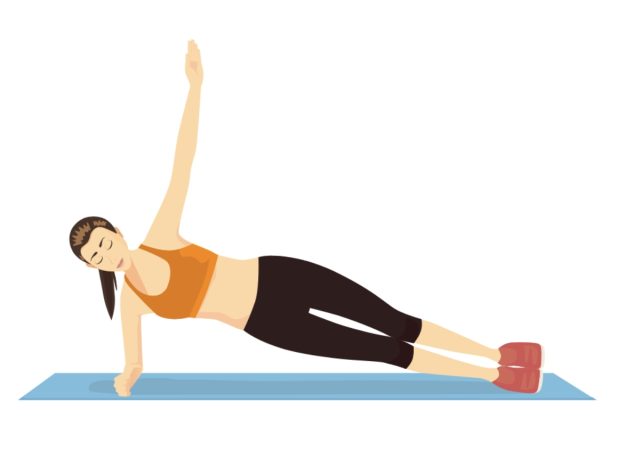
Form Instructions: Lie on one side, support body on forearm and feet, hips lifted.
Why It's Effective: Strengthens obliques and stabilizes the spine.
9. Calf Raise
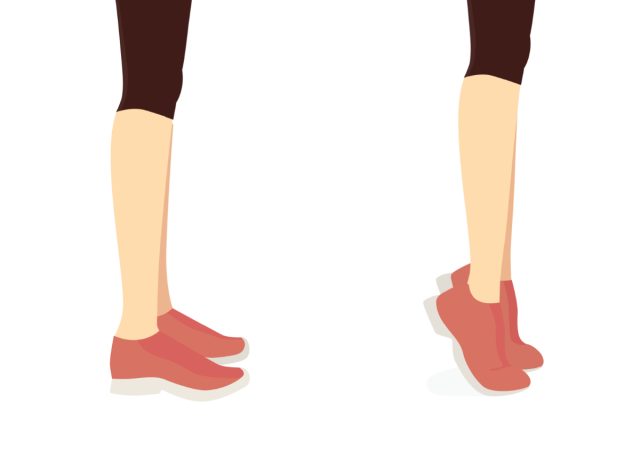
Form Instructions: Stand on tiptoes, then lower.
Why It's Effective: Strengthens calves for better walking and balance.
10. Reverse Lunge
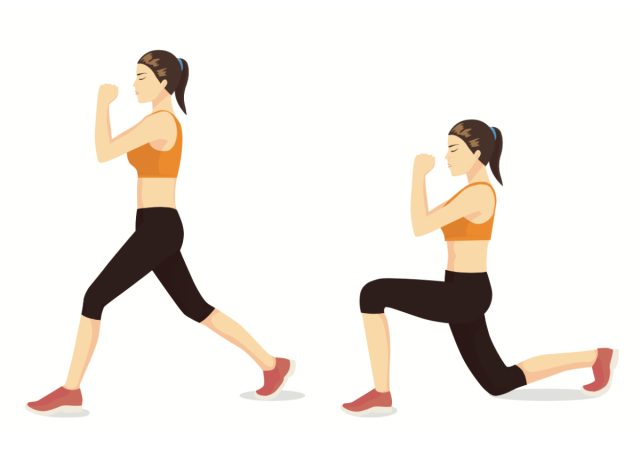
Form Instructions: Step one foot back, lower knee, return.
Why It's Effective: Improves lower-body strength and balance.
Essential Tips for Success
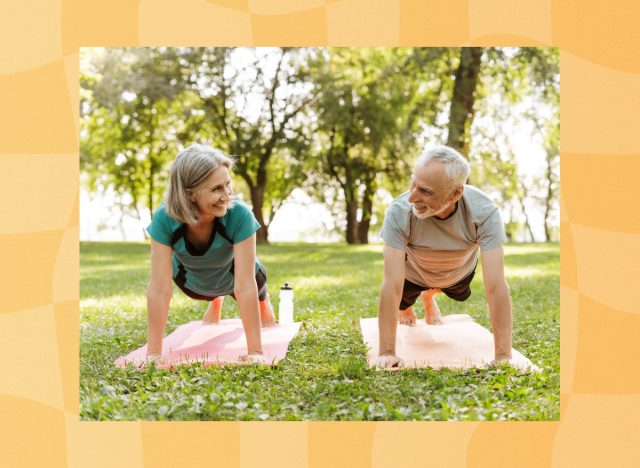
Start small: Quality over quantity. Even 10 minutes can make a difference
Warm-up: A few minutes of light stretching or marching in place primes the body
Listen to your body: If something feels off, adjust or rest
Stay consistent: Progress takes time, but it's worth it
Celebrate wins: Every rep, every session, is a step toward a stronger you
Fitness after 50 isn't about extremes, it's about embracing movement as a way to feel your best every day. Let's make it fun and doable! And if you enjoyed this article, don't miss How Long Your Walking Workout Should Be To Shrink Belly Fat.









